Photographs: FDA/Wikimedia Commons
Breast augmentation, butt lift, liposuction -- with an increasing number of youngsters going under the knife to improve their looks, Avni Mehrotra has cosmetic experts themselves uncover the truth behind these procedures.
'She has looks that could kill!' That popular compliment now comes with a literal connotation. Once considered taboo, cosmetic surgeries have now become all too common and so their relevance is an issue worth analysing.
For those who truly need them, these procedures truly are a boon, but genuine candidates need to be distinguished from those who perceive them as 'just another visit to the parlour'.
Here, experts uncover the myths behind these 'magical' therapies to help people make a well-informed decision before taking the plunge.
Surgery: A clear picture
Dr SK Gulati, a plastic surgeon based out of Kanpur says, "The majority of cases we have are from the pre-marital age group. People either come ahead of their marriages or to enhance their looks, or while they are on the lookout for a soul mate. They need to know that it is not like getting a facial or a manicure done, but a meticulous surgical procedure involving anesthesia and drugs." Like any other surgery, these treatments have their side effects and if they go wrong, can take a toll on your appearance and physiology.
"Even a small medicine like paracetamol has side-effects. People opting for these surgeries should be very clear about the fact that they are disturbing a part of their bodies. Even if it doesn't go wrong, inadequate maintenance may well bring you back to square one -- or perhaps even worse," explains Dr Saurabh Bhalla, an orthodontist based out of Lucknow. "Meddling with what nature has given you is always dangerous," he adds. "We as doctors can modify things to a certain extent, but what is natural should not be usually tampered with. And if not performed by a well-trained doctor, these surgeries may not only pave the way for other infectious diseases, but also prove fatal."
While many people think that cosmetic procedures like weight reduction and enhancements can transform them into ravishing beauties within a couple of hours, the experts say otherwise. Dr Gulati clarifies, "Common misconceptions project liposuction as a weight reduction method and a lot of people unknowingly opt for it with dissatisfying results. Liposuction is a fat controlling method. It removes excess body fat to a maximum limit of 10 per cent and not beyond that. Afterwards, it is all about exercising and eating healthy."
The doctor has even had patients with perfectly healthy bodies and healthier incomes come in to lose weight using these methods. "I hardly entertain such people and have to refuse their queries in most cases. It is disheartening to know that they then visit small set-ups with glossy websites and decorated clinics, paying exorbitant amounts to have unqualified doctors perform surgeries on them."
Physiological and psychological consequences
Photographs: Win McNamee/Getty Images
While the physical repercussions of cosmetic surgeries gone wrong are endless, the psychological impact is even more disastrous. Says counsellor Meetika Chawla Seth, "People who choose to have cosmetic surgery don't have great levels of self-esteem to begin with. Then if a procedure goes wrong, it not only deals an added blow to their insecurities, but may also throw them into a surgical loop. To correct one procedure gone wrong, they opt for another and it then becomes a vicious cycle. The result is another failed surgery and depression, in most cases."
Seth attributes much of the obsession with looks to advertising and the mass media, which project flawless beauty as a benchmark of success. The desire for a size zero figure, perfect lips, a flat stomach etc has people look into the mirror for a reflection of not what they are, but who they want to be.
Dr Gulati shares a case in which a lady patient of his had liposuction surgery performed and failed to take good care of herself post the surgery. "She thought getting surgery was the solution to all her weight issues. She binged post that and didn't keep a check on her diet. The results were disastrous. Not only did she put on weight in the tummy area, but ended up with added bulk on her thighs, arms and hips too. Maintaining post-surgery weight by eating right and exercising is very important, even in cases of breast augmentation and reduction. Otherwise the weight you gain distributes itself unevenly, giving the body a completely distorted appearance."
Dr Bhalla adds that the psychological consequences of surgeries gone wrong can completely put a person off any other medical procedure. "A patient can get so traumatised by one medical disaster that s/he later has trouble even taking something as mild as cough syrup, leave alone entering a clinic. And almost all surgeries, cosmetic or otherwise, come with a risk."
Need vs desire
Photographs: David Andrew Copeland, (Dr. Mordcai Blau) http://www.gynecomastia-md.com/Wikimedia Commons
While in some cases cosmetic surgery is the result of pure physical longing, in others it truly works wonders. Explains Dr Gulati, "If a person has scars or burns, really large ears, a squint, unwanted moles or any other physical deformity, there is no harm in getting it surgically corrected. If performed with proper precision by a well-qualified cosmetic surgeon, these operations are performed like any other normal surgery to bring out the desired results."
Dr Bhalla further comments that the competition has become so fierce these days, people don't mind going that extra mile to look good. In fact, a pleasing physical appearance has become one of the most important criteria for recruitments these days. Getting braces for your teeth or a hair transplant from a qualified doctor are still alright if you feel like looks are standing in the way of your dream job, but people should always remember that aesthetic beauty is superficial, and such perfection won't last long.
Age matters
Photographs: Getty Images
Advising teenagers against these surgeries, especially girls, the doctors unanimously consider 18 as the minimum age limit. Says Dr Gulati, "Before 18 you are neither physically nor emotionally fit for such a big step. The body is still in its development phase and any disturbance at this stage could completely deter a child's physical growth. Sadly, we see 15 and 16-year-old girls aspiring to be beauty pageant winners enquiring about getting their looks enhanced."
Psychologist Meetika Seth blames parents residing in metro cities, who are obsessed with the glamour industry. "I have seen many parents, especially mothers, who take their young daughters for auditions and force them to resort to these surgeries for speedy growth. They don't realise that this atrocious way of living their dream through their child can not only distort natural growth, but also devastate a youngster's childhood."
Experience over cost
Photographs: Otto Placik/Wikimedia Commons
An important factor that people need to keep in mind, is to do adequate research before opting for surgical corrections. "Always favour a large set-up over a small one," says Dr Bhalla. "A small set-up may charge you less or offer you some absurd package deal, but please choose the doctor's degree over anything like that."
Moreover, these days the better hospitals catering to cosmetic surgery can show patients digital images of how they will look post a procedure. "If someone is risking their future and putting responsibility in a doctor's hands, s/he deserves to know what s/he will look like post surgery and make an informed decision," states Dr Bhalla. He advises Indians not to window shop when it comes to putting themselves under the knife and consider facilities and certificates over costs.
Dr Gulati recounts an incident in which a male patient, when refused a hair transplant, went to a small clinic in New Delhi to get it done. Caught up in big city charm and lured into undergoing the treatment there, he ended up paying a bomb for a transplant that left his hair in small tufts all over the head. In spite of several attempts to get this corrected, he couldn't. He now has to wear a cap all through the day to hide the surgical disaster.
Dr Gulati urges people to ask doctors for a medical history, success ratios, experience, certificates etc without any hesitation whatsoever. "In India, the degree for an individual to qualify as a plastic surgeon is McH in Plastic Surgery. Gather proper information about the practicing surgeon and discuss with him the pros and cons of the surgery to make a well-informed decision. Falling prey to captivating words like 'Come lose weight in minutes' or 'before and after' advertorials, glossy websites and shiny billboards can prove catastrophic."
"Many of these small set-ups use non-sterilised instruments and outdated machines which can cause infections, sometimes even leaving a patient with life-threatening diseases," adds Dr Bhalla.
Shelling out the moolah
Photographs: James C Mutter/Plastic Surgeon Vishal Kapoor MD, Creative Commons Share Alike 3.0 Unported license
In monetary terms, all the experts agree that these surgeries are well within reach of a common man's pocket. Although this doesn't encourage people to opt for cosmetic procedures on a regular basis, it gives an insight into what these operations actually cost, as compared to what smaller hospitals charge for them. Explains Dr Gulati, "The cost of plastic surgery can range from anywhere between Rs 10,000 to Rs 2 lakh. Anyone charging above that is taking you for a ride. For a genuine deformity or defect, these surgeries are well advised by a well-qualified doctor, but they are not minor and can prove disastrous if they go wrong. Also, in most cases, post-surgery maintenance is very crucial for lasting effects."
"God has created everyone in a beautiful manner, blessing everyone with some unique quality. We as doctors can only camouflage some of His creations, but never completely alter them. It is hence important to love yourself as you are and not poke your nose into nature's business," concludes Dr Bhalla.

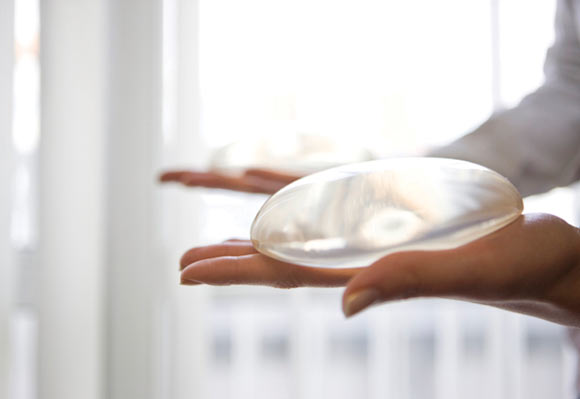

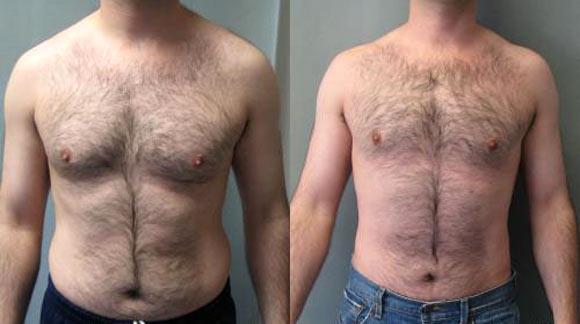
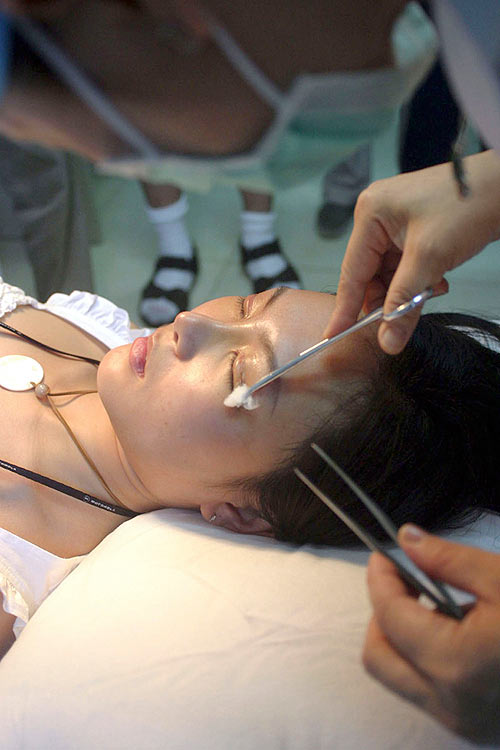
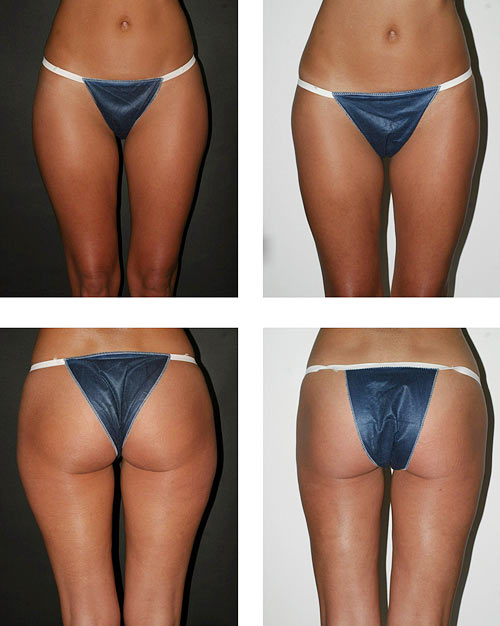
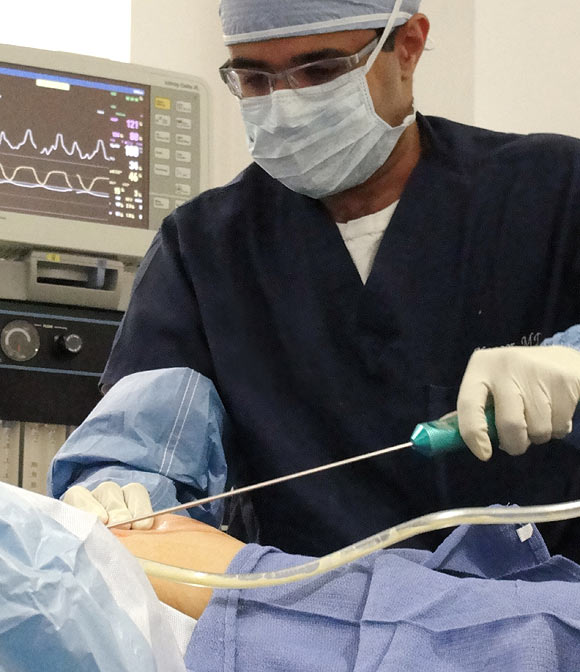
Comment
article